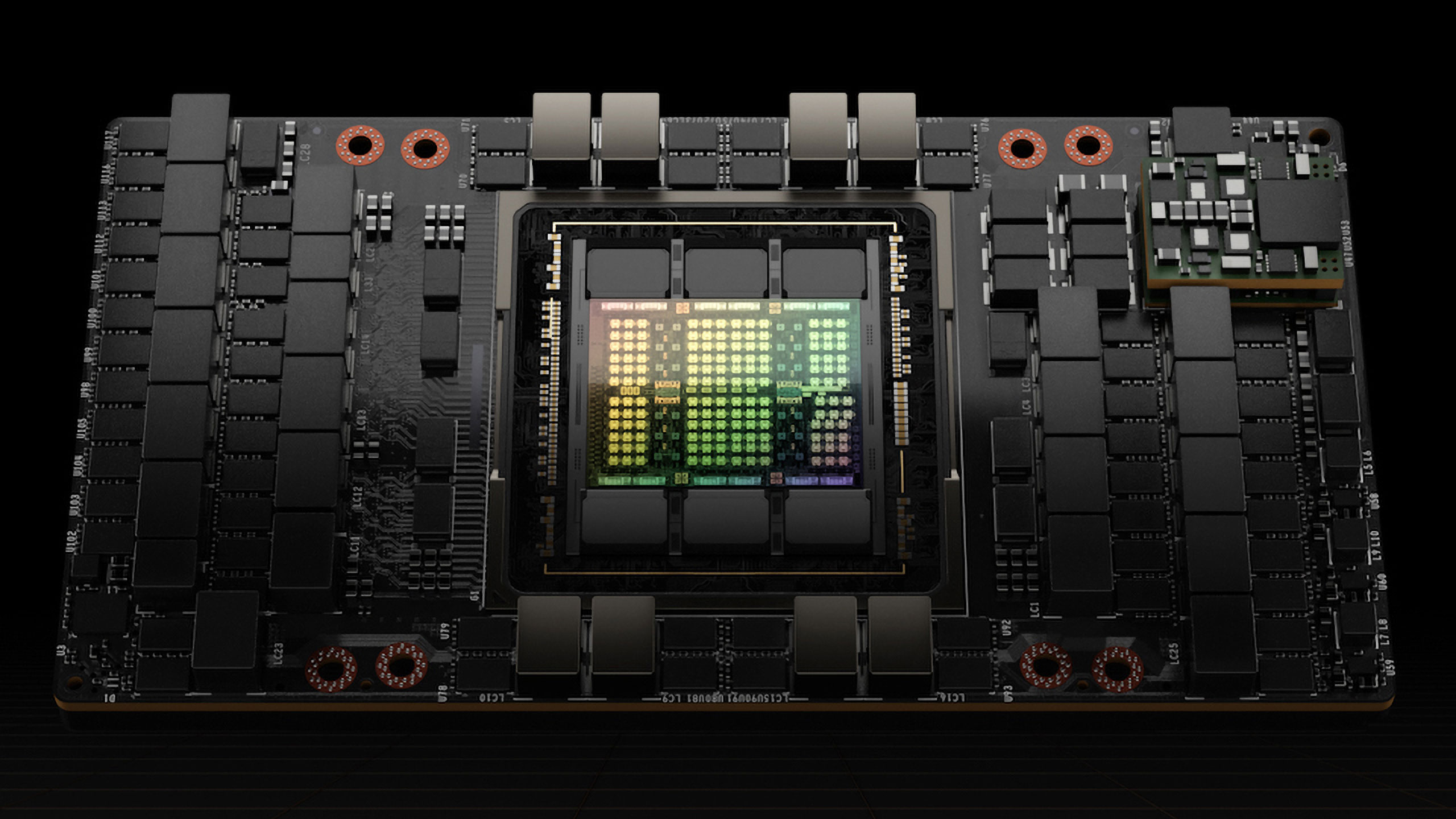
Zhang Ping'an, chief executive of Huawei Cloud, dismissed fears that China's limited access to the most advanced AI processors, such as Nvidia's H100/H200 and B100/B200, would hinder its progress in AI. Speaking at the World AI Conference in Shanghai, he emphasized that China should not solely depend on these high-end chips to achieve leadership in AI.
"Nobody will deny that we are facing limited computing power in China," said Zhang Ping'an at the World AI Conference in Shanghai, reports Reuters. "But we cannot rely solely on having the AI chips with the advanced manufacturing process nodes as the ultimate foundation for AI infrastructure."
Huawei develops its own Ascend 910-series processors for AI applications, which it claims are competitive against Nvidia's A100. Analysts from Europe and the U.S. have never proven that claim, but since Chinese entities like Baidu, Huawei, or Tencent cannot procure Nvidia's A100, H100/H200, or upcoming Blackwell-based processors without the approval of the U.S. government, they really do not have much choice but to rely on domestic technology, such as processors from Huawei or Biren Technology.
But there is a problem with those processors: they are made on lagging nodes and cannot offer performance on part with modern AI and HPC GPUs, such as AMD's Instinct MI300X or Nvidia's Hopper or Blackwell-powered H100/H200 and B100/B200 offerings. SMIC, which makes chips for Huawei and Biren, does not have access to leading-edge equipment, so China will lag behind other players when it comes to per-processor compute performance for at least a while.
To address the lack of access to the best processors for AI on-premise, Zhang suggested a holistic approach that combines cloud, edge, and network technologies to boost efficiency and reduce power consumption for AI workloads and said that Huawei Cloud is one of the leading providers of AI services.
He also advocated using cloud technology to compensate for the lack of cutting-edge AI processors, though it is unclear whether he advised using Huawei's processors in the Huawei Cloud to train large language models or just training them on someone else's machines in someone else's cloud and then running them in Huawei's Cloud. At the end of the day, without powerful processors with a lot of memory, there is only so much one can do with hardware designed and made in China.
"If we believe that not having the most advanced AI chips means we will be unable to lead in AI, then we need to abandon this viewpoint," Zhang said.







